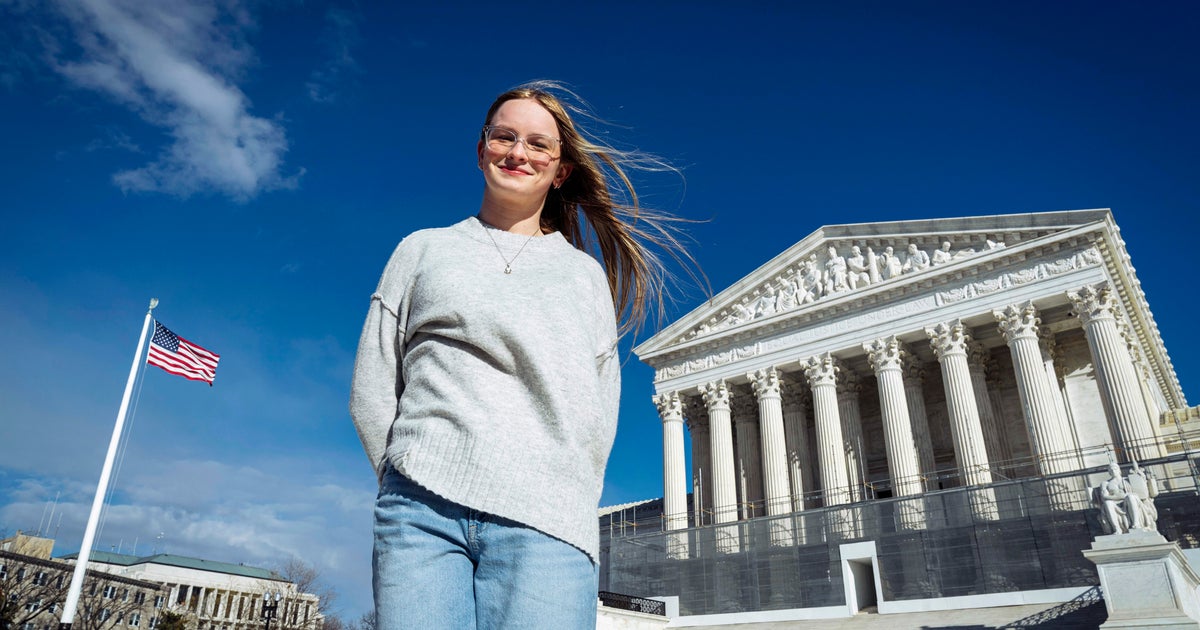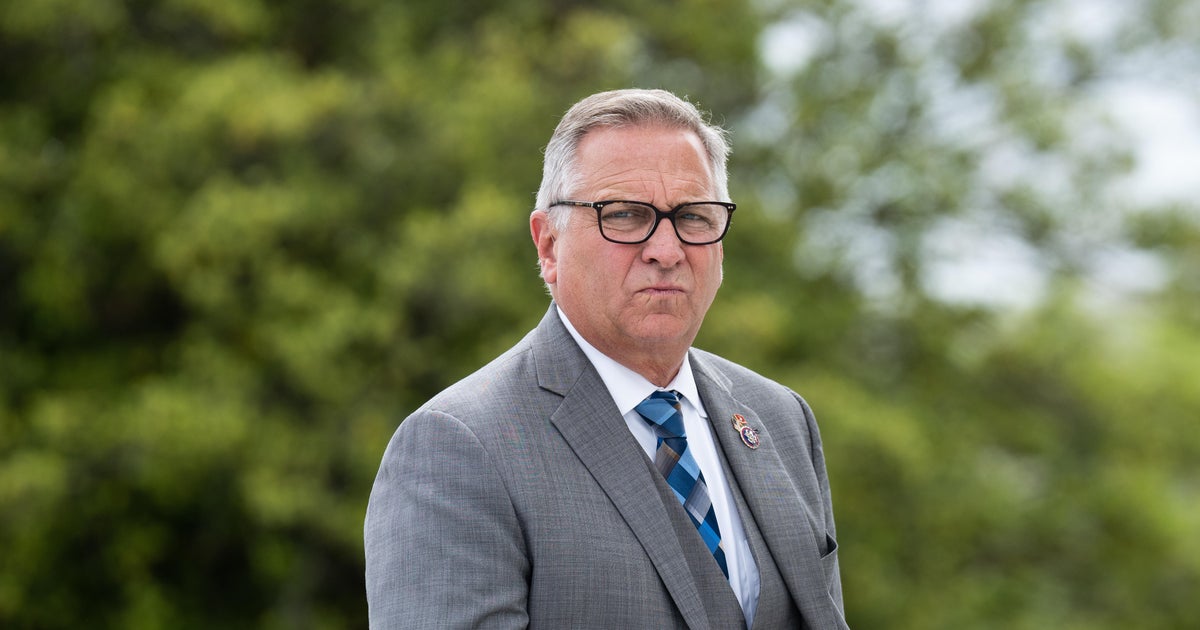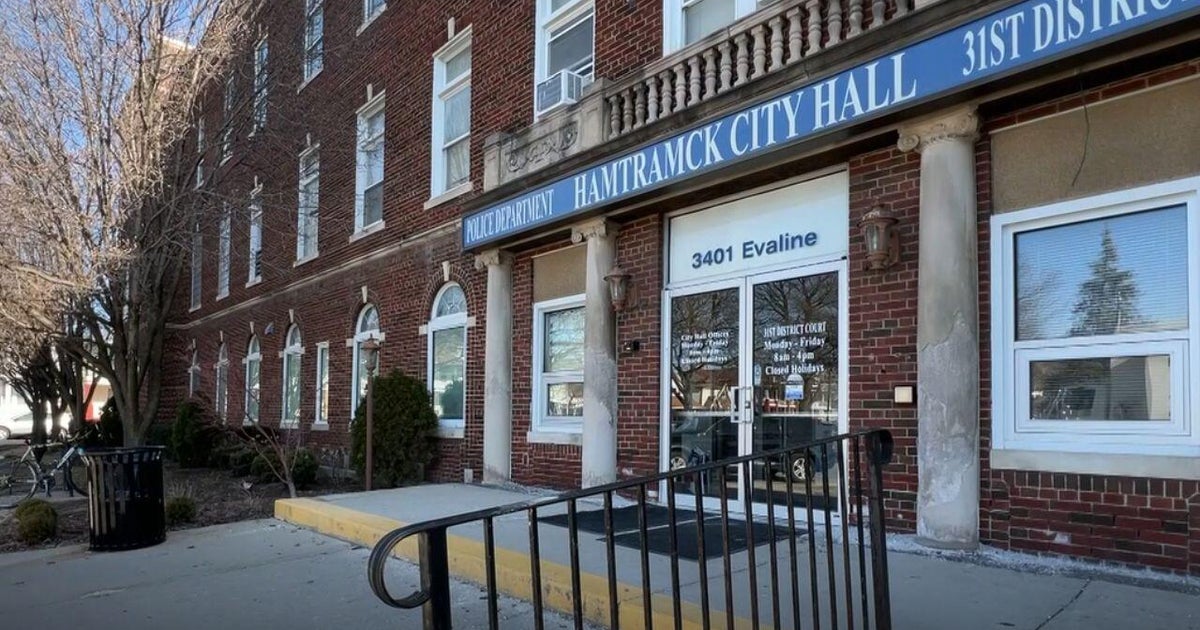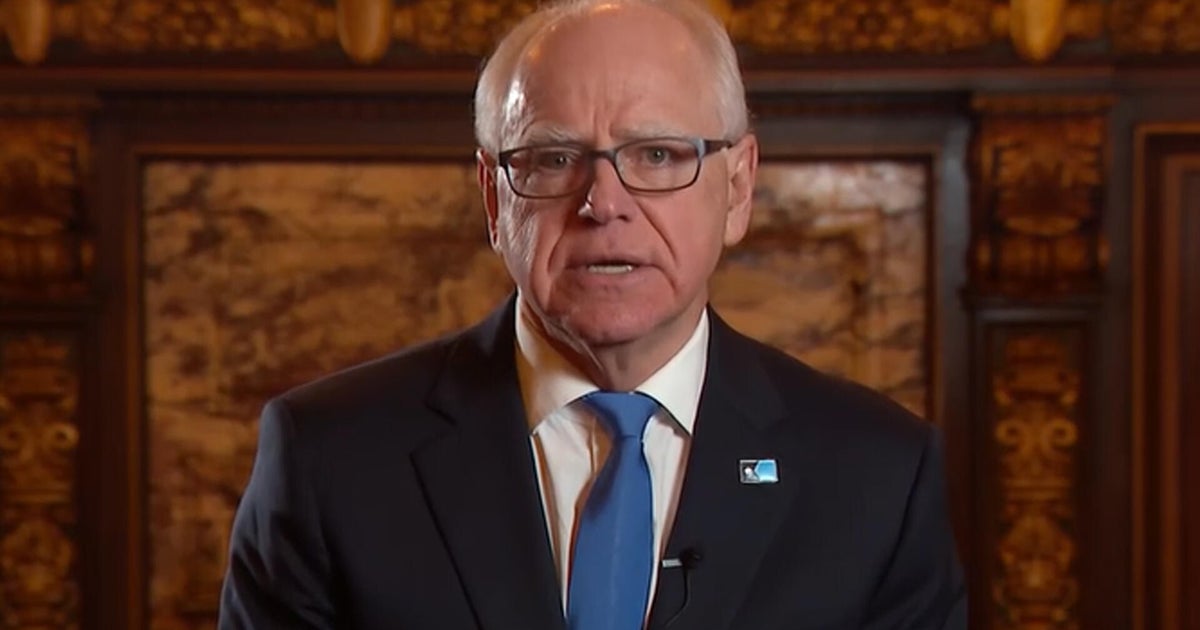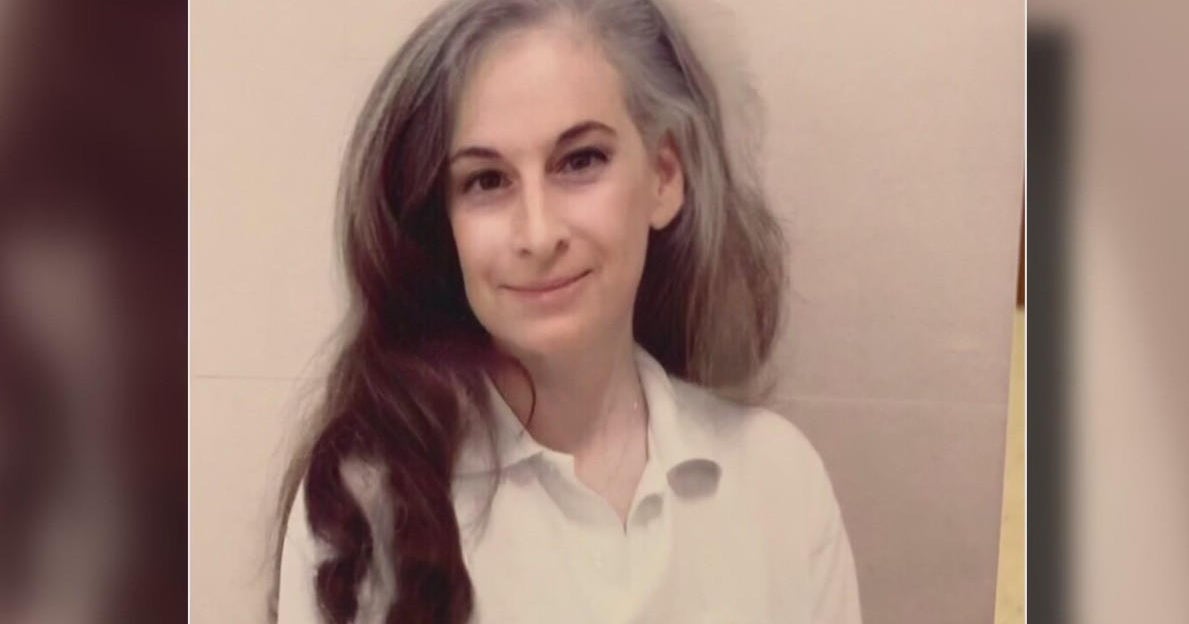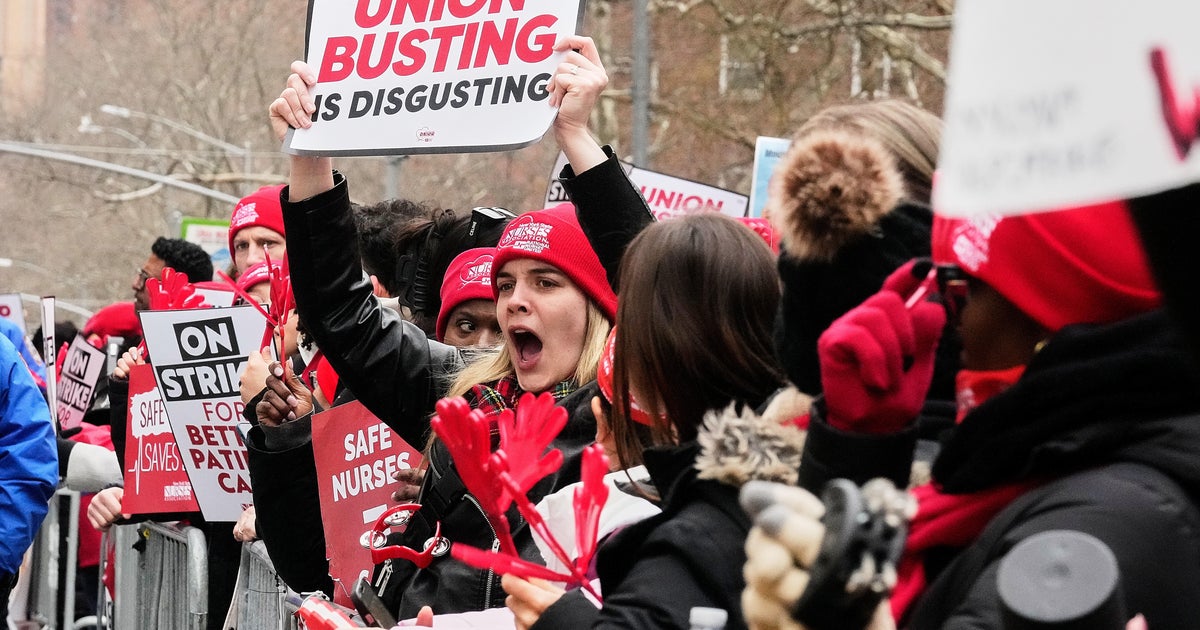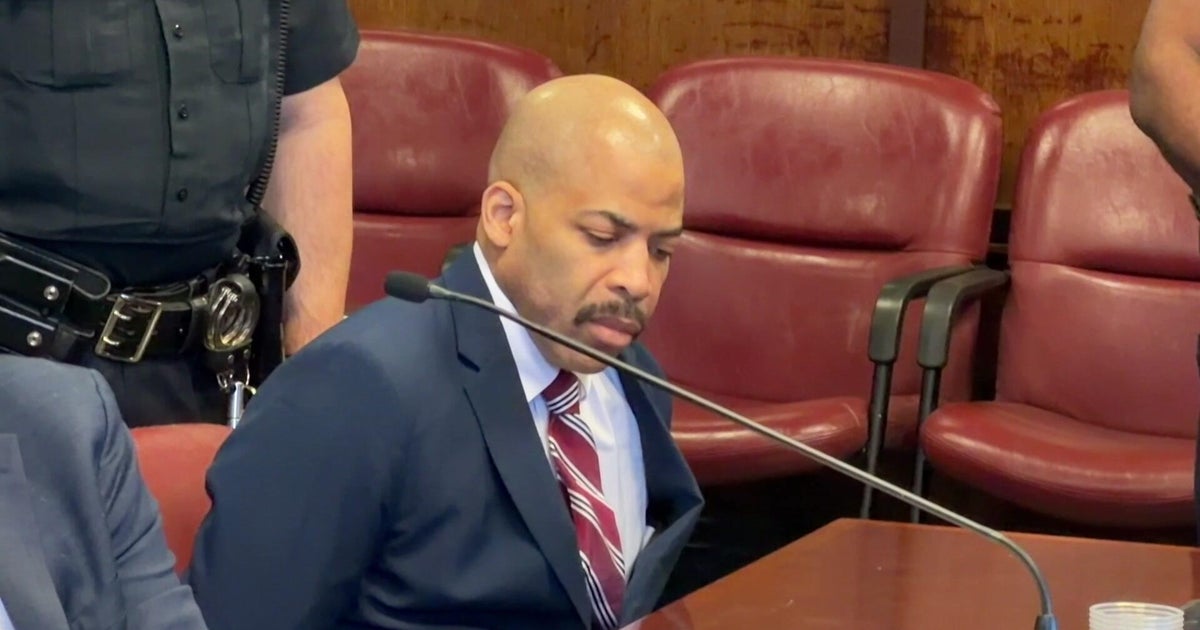Dolan, Quinn Mark 40th Anniv. Of Roe V. Wade Decision On Abortion
NEW YORK (CBSNewYork) - It was 40 years ago today that the United States Supreme Court ruled in the case of Roe v. Wade, which made abortion legal in America.
Now, two major New York City leaders are marking the occasion in two very different ways.
Cardinal Timothy Dolan offered a Mass for the unborn at St. Patrick's Cathedral, hoping those suffering from abortion will strengthen the commitment of the people he called "devoted pro-life workers."
"They will be honest in admitting kind of some discouragement. The abortion culture, the culture of death, seems to have a strangle hold on the United States. The political climate is not good. So there is a temptation to discouragement," he told WCBS 880 reporter Rich Lamb.
Dolan Marks 40th Anniversary Of Roe V. Wade Decision
He said prayer gives those pro-life workers a sense of hope. In his homily, Dolan called the anniversary of Roe v. Wade, "one of our gloomiest days" and "America at her least noble."
According to a release from the New York Archdiocese, four in ten pregnancies in New York end in abortion.
"The most innocent and tender and fragile of human beings, the baby in the womb, is denied the most basic civil right of all - the right to life," Dolan said.
After the Mass, activists carried a large wooden cross over to an abortion clinic.
Quinn Marks 40th Anniversary Of Roe V. Wade Decision
City Council Speaker Christine Quinn and pro-choice advocates were out early in Park Slope, Brooklyn handing out flyers seeking to support for New York's purposed Reproductive Health Act because they fear Roe v. Wade is under attack.
"Right now, the way they're in the law isn't actually the strongest and we rest a lot on court cases and we want to make sure that now matter what happens on the federal level ever, no matter what happens anywhere else, New York has the strongest, clearest protections as it relates to reproductive protections and right now, oddly, those provisions are in the criminal code. They should be in the health code cause this is a matter of women's health," she said.
"This is a very precarious right that we have and we need to do everything do fully protect it in New York and when we do that, we will start to change the tide in this country and help those other states and other people who are up against folks like that who just see my rights and my health care the same as men," Quinn said.
